
Inclusive education for all in realizing SDGs, Minister Saud says
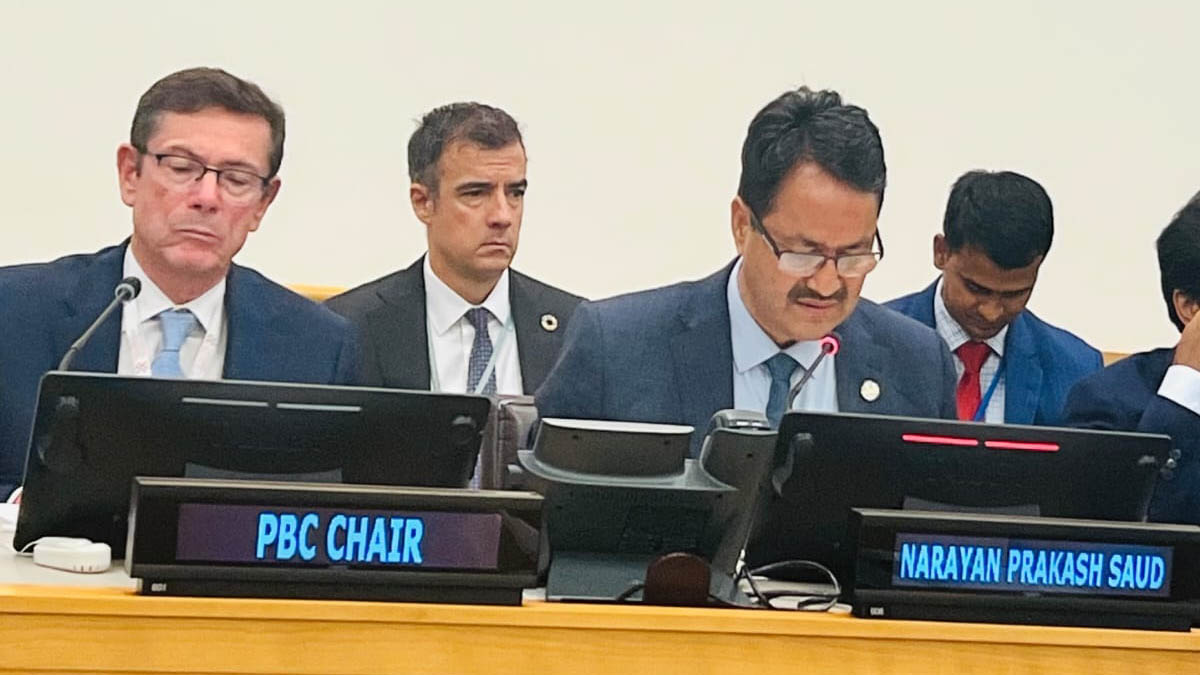
Minister for Foreign Affairs NP Saud has said that Nepal was ready to take its unique, homegrown, and nationally-led peace process to a logical conclusion to ensure peace, progress, and prosperity of the country.
Making a presentation on the ‘Role of Education in Building Peace’ during an ambassadorial meeting organized by the UN Peacebuilding Commission in the UN Headquarters in New York this morning, Minister Saud briefed the Commission about political achievements made by Nepal in recent years, more specifically in the aftermath of the signing of the Comprehensive Peace Agreement (CPA) in 2006.
He also shared on how education as a transformative tool helped post-conflict recovery, development, and peacebuilding in Nepal.
Likewise, the Foreign Minister stressed the need for transformative, qualitative, and inclusive education for all in building sustained peace and realizing sustainable development goals while mentioning the immense roles of education in preventing conflict, solving conflict peacefully, and building sustained peace.
While putting the audience across Nepal’s priority on education as a critical instrument for national development and social cohesion, Minister Saud stressed the need that the right to education should be recognized beyond a fundamental human right.
He also elaborated on a range of initiatives taken by Nepal for the protection of education system during conflict and advancement of education system in the aftermath of conflict by investing in school reconstruction, teacher training, promotion of gender equality, partnership with the community, and psychosocial support to conflict-affected children among others.
According to the Ministry of Foreign Affairs, Minister Saud highlighted some of the important features of the Constitution of Nepal, 2015 which helps consolidate the universally recognized values of democracy, human rights, rule of law, individual freedom, inclusion and proportional representation, women empowerment, freedom of the press, and independence of the judiciary, among others.
Addressing the meeting, Deputy Secretary General Amina Mohammed appreciated the remarkable progress in education sector in Nepal made throughout the initiative ‘Schools as Zones of Peace’, a model to be scaled up during crisis. She also highlighted that continued investment in more inclusive and equitable education in Nepal focusing on young women and girls, and for marginalized groups played as an essential catalyst for achieving sustainable peace and prosperity.
Nepal is a member of the Organizational Committee of the Peacebuilding Commission (PBC) for 2023-24. The PBC, a 31-member UN body, was established in 2005 with a mandate to support peace efforts in conflict-affected countries including their reconstruction and institution-building by promoting an integrated, strategic, and coherent approach across the system.


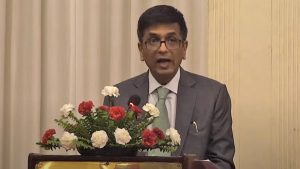
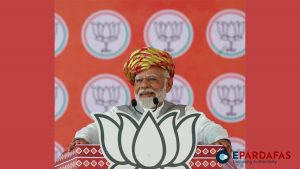
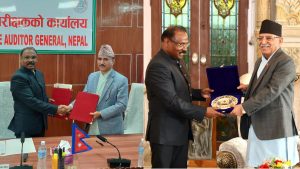
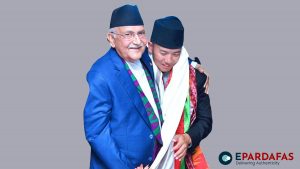
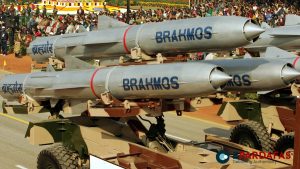





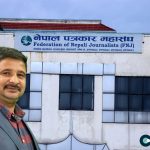

Comments